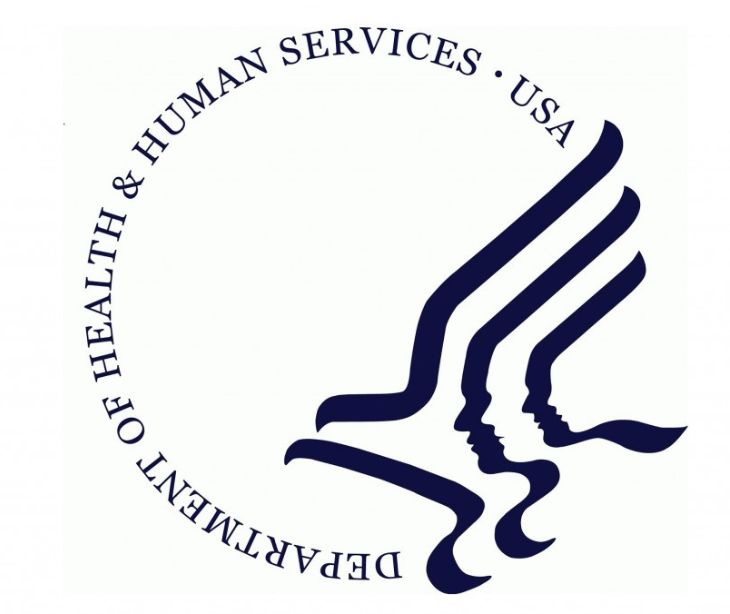
Sanction policies are structured guidelines that specify the consequences or penalties for non-compliance, ranging from warnings to potential termination, based on the severity and nature of the breach.
By outlining expectations, potential violations, and the corresponding disciplinary actions, sanction policies deter non-compliance, promote transparency, and create a consistent approach to enforcing security measures across healthcare organizations.
Specific requirements regarding sanction policies
HIPAA Privacy Rule requirements for sanction policies
The Privacy Rule requires covered entities to have and apply appropriate sanctions against members of their workforce who fail to comply with the entity's privacy policies and procedures. The focus is on enforcing compliance with privacy standards to protect the confidentiality of protected health information (PHI).
HIPAA Security Rule requirements for sanction policies
The Security Rule requires both covered entities and their business associates to implement appropriate sanctions against workforce members who fail to comply with the security policies and procedures set by the entity or business associate. This rule emphasizes security measures to ensure the integrity, availability, and confidentiality of electronic PHI (ePHI).
HIPAA Breach Notification rule in relation to sanction policies
The Breach Notification Rule does not explicitly detail sanction policies, but it indirectly supports the necessity for such policies. It requires covered entities to notify affected individuals, the Secretary of Health and Human Services, and, in certain cases, the media in the event of a breach of unsecured PHI. The implementation of appropriate sanction policies helps to deter and manage incidents that could lead to breaches by ensuring compliance with security and privacy standards.
Components of a well-crafted sanction policy
- Clear documentation and implementation: The policy should be documented and implemented as a formal process within the organization.
- Workforce acknowledgment: Requiring workforce members to acknowledge and affirmatively accept the organization's sanction policy as part of their adherence to HIPAA policies and procedures.
- Detailed sanction process: The policy should outline the entire sanction process, including personnel involved, procedural steps, timeframes, reasons for sanctions, and final outcomes of investigations. These records should be retained for at least six years.
- Communicate securely: Communicate any updates or changes to sanction policies in a HIPAA compliant way that is familiar to staff, such as the use of HIPAA compliant email systems.
- Appropriateness to violation severity: The sanctions should be appropriate to the nature and severity of the violation. The policy should specify the range of potential consequences based on the seriousness of the breach.
- Variation in sanctions: The policy should allow for varying sanctions depending on factors such as the severity of the violation, whether it was intentional or unintentional, and whether the breach indicates a pattern of non-compliance.
- Range of disciplinary actions: The policy should specify a range of actions, starting from warnings to potential termination, based on the severity and nature of the violation.
- Examples of violations: Provide clear examples of potential violations of policy and procedures to help workforce members understand what constitutes a breach.
- Consistency in enforcement: The policy should ensure consistent application of sanctions throughout the organization, addressing all workforce members, including management, to maintain the integrity of the compliance program.
See also: Crafting an effective sanction policy for HIPAA compliance
Guidance on sanction policies
The newsletter, titled How Sanction Policies Can Support HIPAA Compliance, offers guidance to healthcare providers on implementing sanction policies in organizations of various sizes.
The document highlights:
- HIPAA mandates sanction policies, promoting accountability
- HIPAA offers flexibility for customizing sanction policies
- The necessity of clear communication in sanction policies
- Uniform enforcement across the workforce
- Continuous vigilance is needed to safeguard electronic protected health information (ePHI) amid rising cybersecurity risks.
Read more: OCR cybersecurity newsletter stresses the importance of sanction policies
Subscribe to Paubox Weekly
Every Friday we'll bring you the most important news from Paubox. Our aim is to make you smarter, faster.



